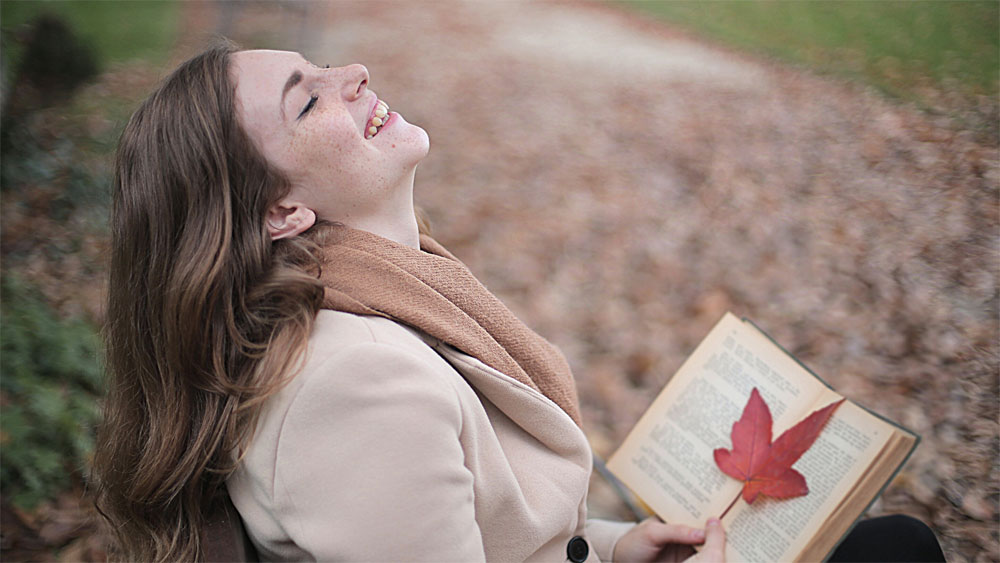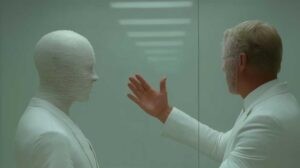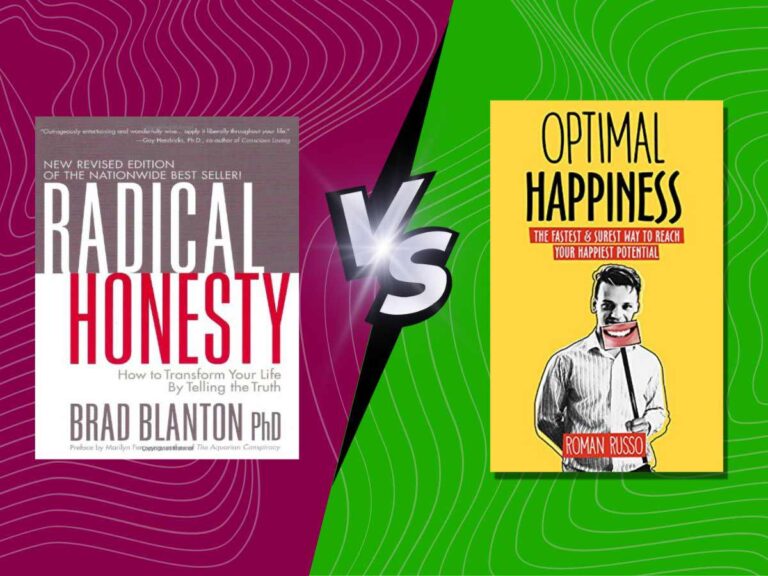In April, 2017, I attended a three-day workshop called Unleash the Power Within with Tony Robbins and Joseph McClendon III. Of course, if you know Tony Robbins, you may not have known Joseph McClendon III.
I wasn’t the only one in the audience wondering the same question and we were soon given the full backstory of McClendon. This story began when he was young. At that age, his parents told him that if he wanted something, he needed to earn it—not by working, cleaning the house, or anything else of that nature, but instead by reading books and giving them a weekly review of the latest book he read.

McClendon agreed to these terms, running to the closest library and picking up a book with the most pictures he could find. A few days later, he had what he wanted, and so he returned to the library for the next book and the next. Soon, he actually started to enjoy reading, progressively picking up harder and harder topics with fewer and fewer pictures.
In a few years’ time, he no longer needed any incentive to keep reading. He later stated that this new passion helped him to get better grades in school and university. Of course, the information he was learning came in handy when he started to work and even helped to impress Tony Robbins, who eventually offered him a position working with him as one of his main coaches. As expected, McClendon exceeded even this calling and later became the head coach for the whole organization, working also on the side to create many of his own businesses.
Indeed, books helped McClendon reach his high performance level, but they also helped numerous other successful people who attributed their success to reading. These include Brian Tracy, Jim Rohn, Bill Gates, Warren Buffett, Tai Lopez, and many more. To this end, American entrepreneur, author, and motivational speaker Jim Rohn once said that CEOs read on average 60 books per year, or 5 books per month, or approximately one book per week. In other words, their success is attributed to their high reading average, with some people, including American entrepreneur and business coach Tai Lopez, claiming that they read on average one book per day. It is even said that Bill Gates (age 65) and Warren Buffett (age 90), who need no introductions, keep reading books every day.
From my own experience, reading has proven to be one of my most leveraging activities; that is, it is a type of activity with the greatest amount of output for a single point of input. In other words, reading has helped me to write my books, find the formula for limitless optimal happiness, and succeed in life more than I could ever have otherwise. As we stated before about watching TV and news, these activities contribute little to nothing to our lives, while reading seems to contribute a lot. So, I’m glad you are reading this article!















